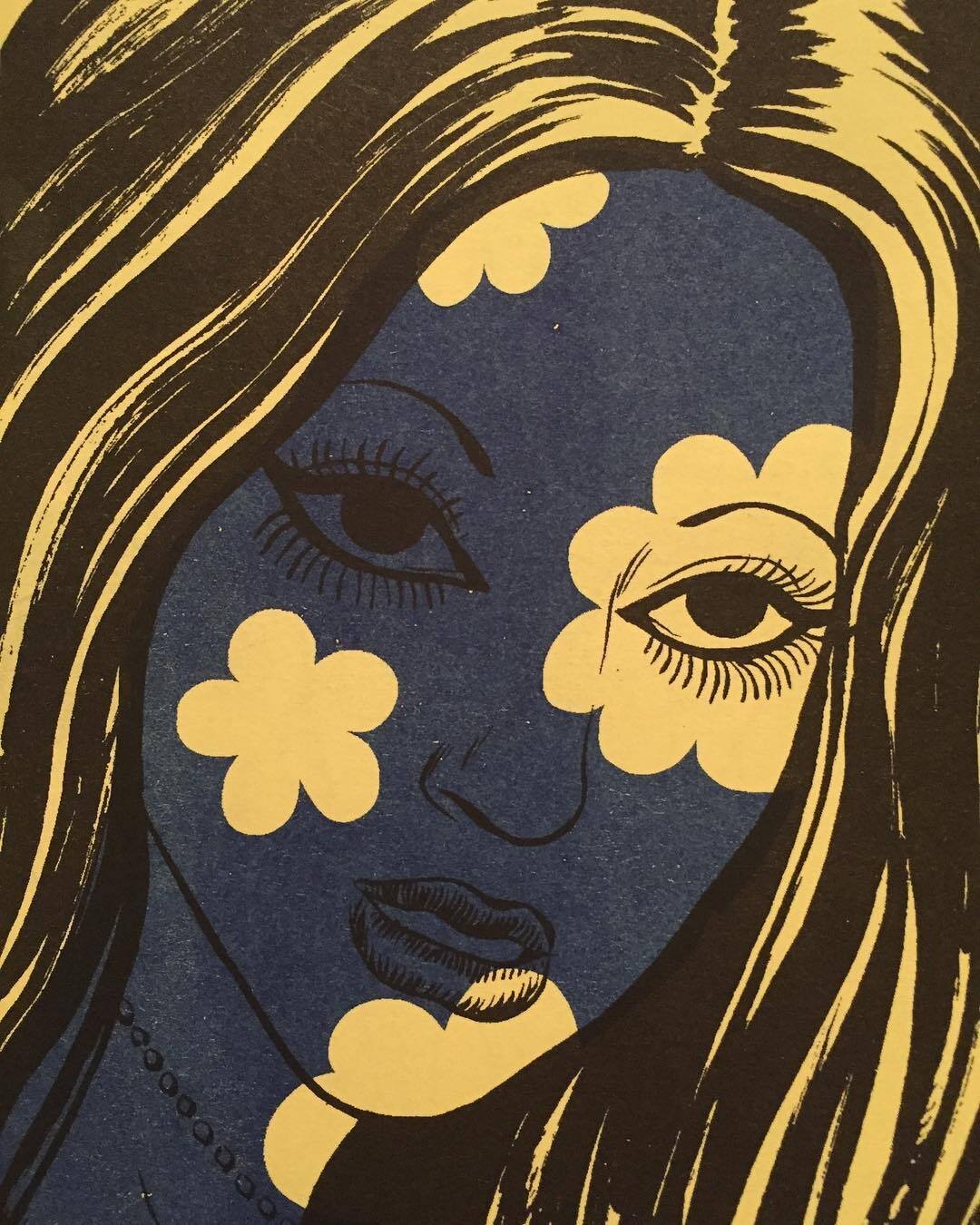Addressing Mental Health in the Black Community
It’s Black History Month. It’s a time where members of the Black community can come together and remember the people who came before them in order to give future generations a better life. When we think of Black pioneers, we think of Rosa Parks, Martin Luther King, Jr., Malcolm X, and the list goes on, but the fight for civil rights hasn’t stopped. It unfortunately has been continual, especially as last Summer’s Black Lives Matter protests signify. It’s an added stresser to an already difficult life as a Black individual.
Another aspect of life that should be continual is taking care of our mental health, it’s an issue that affects each and every person on Earth, but for Black people, it’s something that can be placed on the back burner. Historically, the Black community has had a tumultuous relationship with mental health advocacy. According to the National Alliance on Mental Illness, Black people have been negatively affected by prejudice and discrimination in the health care system which impacts the view of mental health. This has gone on for far too long and it’s a conversation that needs to be had. I was able to reach out to a good friend of mine and ask her view of mental health as she’s gotten older.
Prisca, a junior biology (pre-med) student, is a Black Haitian woman. She grew up in a two parent household with two older siblings and spoke to me about how important it is to acknowledge your mental health and how it can affect a person in the long term. “As a Black woman,” she said, “I feel that mental health is very important and we are all aware of it. However, I feel that we aren’t well-versed in how to elucidate to others that we need help. I feel that we make the conscious decisions to perceive our mental health as an inconvenience rather than it becoming normalized. Especially when we have goals that we want to accomplish, we tend to push away our internal feelings to achieve our aspirations in hopes that it’ll disappear when we do. Unfortunately, that’s not the case and, in fact, makes it worse. By doing this, those thoughts will enter into new areas in our lives.”
Just like Prisca, I also identify as a Black woman. I’m constantly trying to be hyper aware of my own thoughts which translate to how I view and treat my own mental health. I always try to remember to take care of myself even when I’m covered in shame and guilt and the miniscule mistakes I make everyday. Personally, there have been times where I’ve felt like I’ve had no one to talk to; Where I would feel burdened if I reached out to someone to talk out my feelings. It’s something most people know too well, but it’s something I’m learning to overcome.
My message to Black people everywhere is to stay strong and stay steadfast. Even when it feels like the world is against you, just know that you are not alone. Overt racism within the mental health system is always a constant and reasonable concern. Right now, it’s not something that is invisible to Black people and it’s also being exposed to allies. This goes to show that understanding our past enables us to find new ways of addressing and breaking down the barriers that explain why racist pipelines to prisons emerged where hospitals and treatment centers once were, and how racial disparities will and can continue to exist in the mental health system if action doesn’t take place and do so soon.
As we look at the historical and systemic background of access to mental health resources, it proves to have insight into why there are racial disparities and why they continue to be in existence. If we focus on mental health from a race perspective, the system itself and the functions within this system have structurally been resistant to Black people and is linked to how trauma lives in our bodies as we continue to protest and wrestle with the psychological effects that racism has on us.
There are a myriad of resources available specifically for members of the BIPOC community including suicide prevention resources, and mental health collectives. It’s never too late to reach out to someone because you matter and you matter always.
About the Author
Tiara Starks is a writer who primarily focuses on the topics of race, culture, humor, and politics with an interest in understanding the history and current impact of BIPOC representation in media. She is a student at the University of New Haven studying Communication with a concentration in Film Production.


